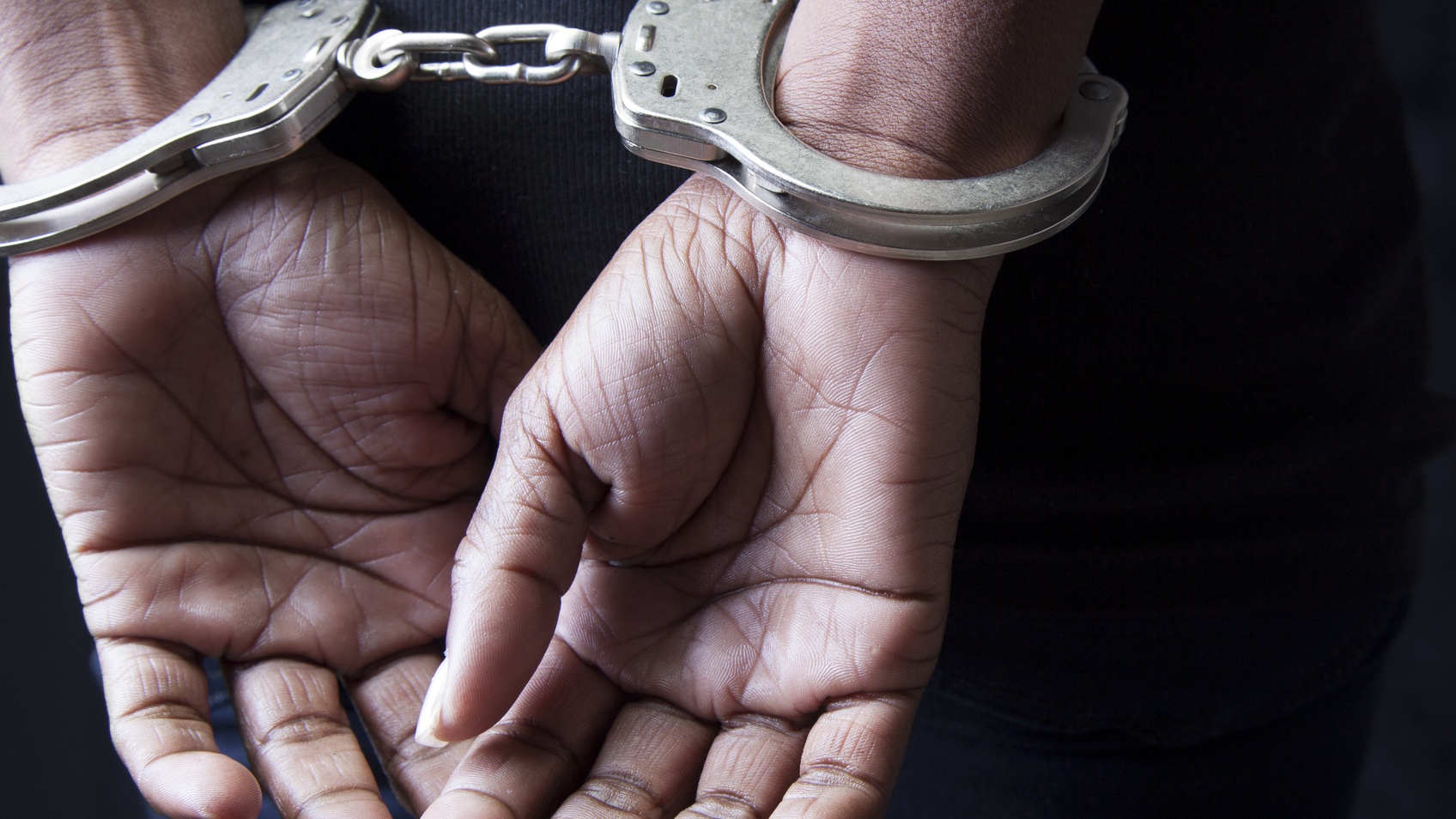A new report from The Sentencing Project has revealed that Black people represent 42% of the total prison population in Wisconsin. Despite accounting for only 6% of the state's population, one in every 36 Black residents in Wisconsin are currently in prison, the study concludes.
Black people in the state are also 12 times as likely as their white counterparts to be imprisoned, according to the study, which uses data from the U.S. Census Bureau and the U.S. Bureau of Justice Statistics. That number is well above the national average. Only New Jersey has a higher rate of racial disparity between Black people and white people.
According to criminal justice experts, years of housing segregation and redlining have contributed to the disparity in imprisonment.
“For many years, Milwaukee has been one of the top segregated areas in the country by most measures,” Larry Dupuis, legal director of the American Civil Liberties Union of Wisconsin, told NBC News. “It has a long history that persists today because of deeply entrenched residential housing segregation. I think that plays a significant role in how this ends up playing out into these huge disparities by race in the criminal justice system."
Dupuis said police constantly put Black and brown neighborhoods under heavy surveillance, making the residents more likely to be arrested. Ion Meyn, a law professor at the University of Wisconsin-Madison, added that Black residents face higher prosecution rates and fewer plea deals.
According to WPR, Milwaukee County Supervisor Ryan Clancy said the government is overinvesting in policing and punitive measures instead of focusing on "the systems and programs we know will make us safer and (give us) better places to live."
Ramiah Whiteside, an advocate who was incarcerated for 20 years, said it's devastating to see the numbers in Wisconsin.
"To me, it’s like a slap in the face," he said, according to WPR. "How can we be the worst? That particular status quo is unacceptable."
Whiteside is now an organizer with EXPO, a Milwaukee-based advocacy organization for formerly incarcerated people. The advocate said he experienced discrimination like many others after he was released.
"When it comes down to hiring you with a felony or waiting on other people less qualified, a lot of places wait," he said.
The Sentencing Project study also highlighted other regions that have a high number of incarcerated Black residents. Hawaii, according to the study, imprisons Black adults more than twice as often as whites. A similar trend is also seen in the northeast and upper Midwest regions.
David Liners, coordinator for a faith-based social justice organization known as Wisdom, told WPR that more urgency is needed to address the issue.
"If nothing else, this report says we’re all doing something wrong, including the advocates," Liners said. "We haven’t really raised the sense of urgency that as a state this is a complete violation of what we in Wisconsin like to think that we are. We don’t like to think of ourselves as the most racist state in the union, or the harshest people on Earth when it comes to Black people. Unfortunately, it’s not who we want to be, but who we are right now."
